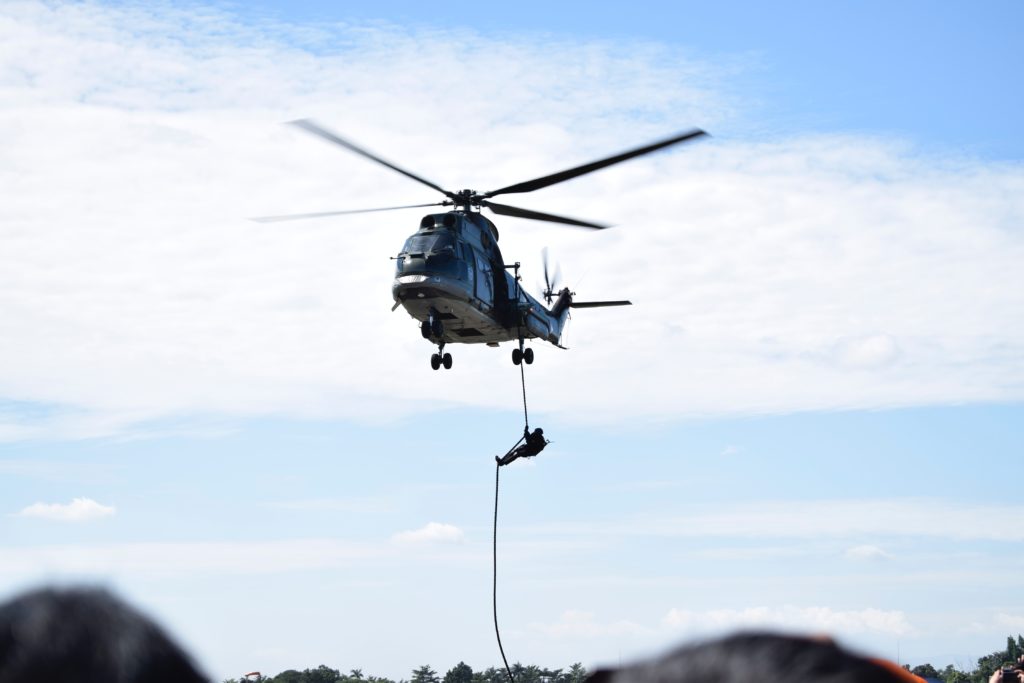
Returning A Special Operation Candidate to Duty Following an Airborne Operation Injury: A Case Report
By Jessica Herring Gutschick, PT, DPT, CSCS, CORA Physical Therapy, Haines City, FL as published in The International Journal of Sports Physical Therapy, Volume 15, Number 1 (February 2020).
Background:
Special Operations Forces are at an increased risk of musculoskeletal injury due to increased physical demands, precipitous deployments, and continual training and deployment cycles. Multiple injury screening tools exist, yet decisions to return to duty are frequently deferred to individual institutional protocol or provider clinical decision making, with no accepted gold standard.
Purpose:
The purpose of this case report is to describe the application of a system to return a Special Operations Forces candidate to duty following an ankle injury sustained during a military static line airborne operation while in the Special Forces Qualification Course.
Case Description:
The subject was a 34-year-old male with surgical fixation of a left distal fibular fracture with syndesmotic tear after landing from a static line airborne jump during the Special Forces Qualification Course. This case report provides a system to determine return to duty following an ankle fracture and provides a guide to returning a subject to participation, duty, and tactical performance training.
Outcomes:
Outcome measures recorded were vast, as the use of multiple measures are more indicative of overall function than any single measure. Impairment based measures included Global Rating of Change Scale (GROC), Numeric Pain Rating Scale (NPRS), lateral step down and Closed Chain Dorsiflexion (CCDF). Functional outcome measures included: the Functional Movement Screen™ (FMS™), Lower Quarter Y-Balance (LQYB), three hop tests for distance, and physical performance metrics.
Discussion:
The most substantial challenge to this process was the lack of standardized and validated military return to duty testing and guidelines in the literature. Ideally, pre-injury assessment would provide a baseline; however, compared to peers, the subject was well within acceptable ranges for all physical performance metrics at final Return to Duty testing. The subject was returned to duty 10 months after initial injury being physically comparable to his cohorts and being able to complete all military requirements.
You can read the case study in its entirety as published in The International Journal of Sports Physical Therapy in February 2020.
